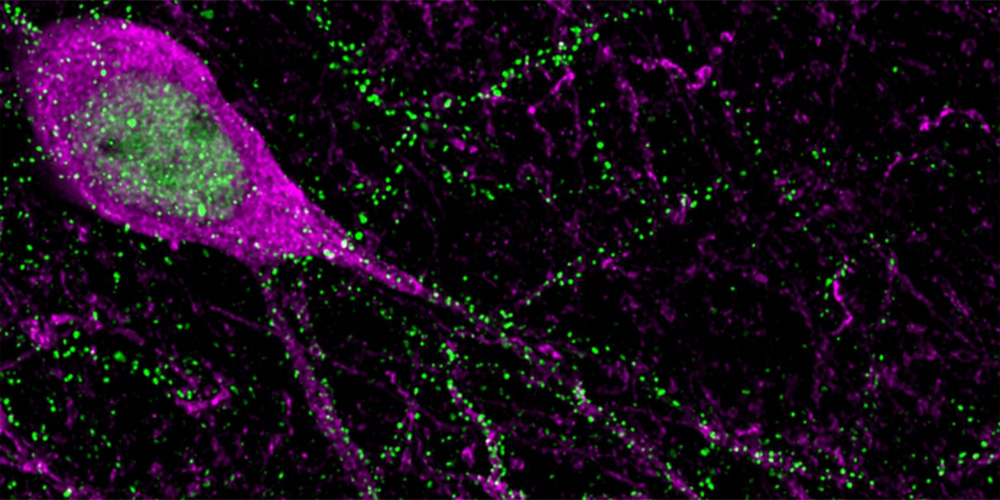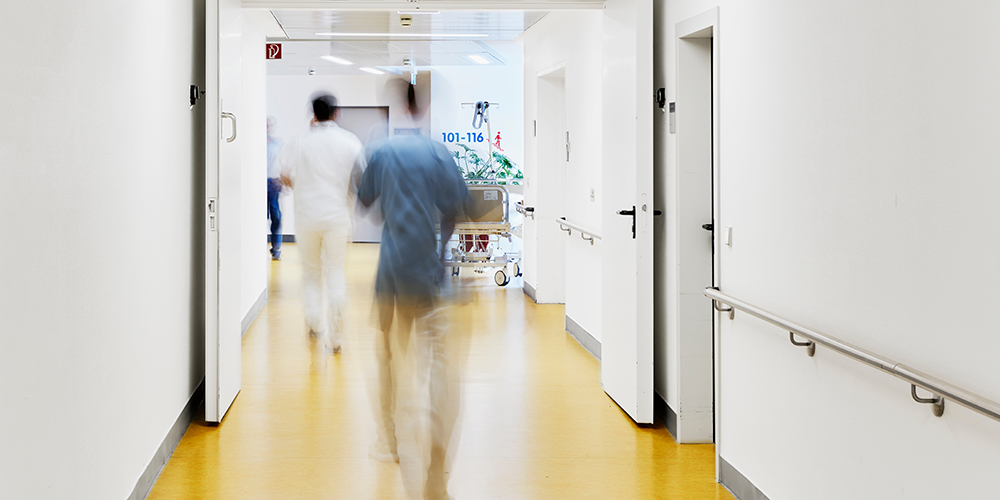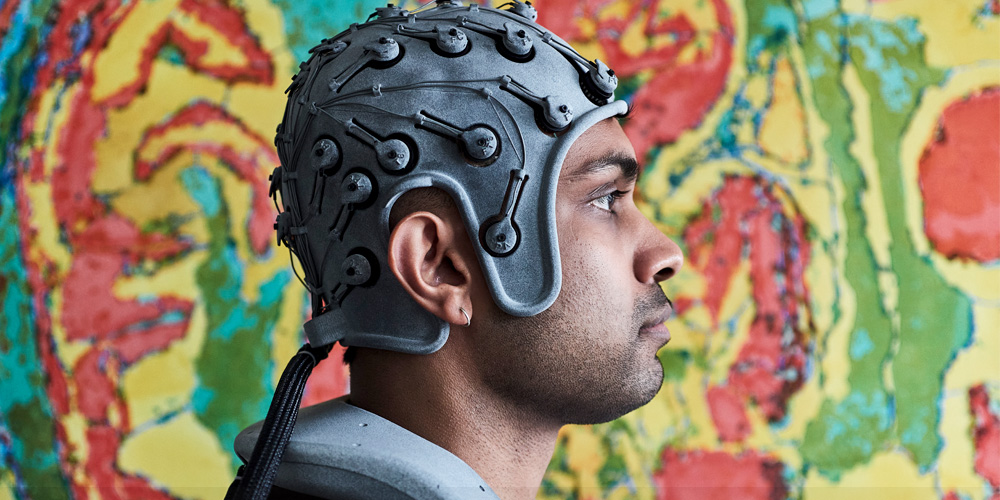A sensitive perception of the environment is crucial for guiding our behavior. However, an overly sensitive response of the brain’s neural circuits to stimuli can lead to neurodevelopmental disorders such as epilepsy. University of Basel researchers report in the journal Nature how neuronal networks in the mouse brain are fine-tuned.

A high-profile study made headlines in 2023 stating that the scientific and innovation system is producing less and less completely new knowledge. Researchers at the University of Basel are now refuting this claim, at least for patents: It is based on a measurement error.

The nursing crisis is on everyone’s lips, and creates additional challenges for healthcare staff. A report by the University of Basel shows how satisfied psychiatric nursing staff are with their daily working lives.

Microplastic particles can be found in the most remote ocean regions on earth. In Antarctica, pollution levels are even higher than previously assumed. This is one finding of a recent study involving researchers from the University of Basel.

A free throw in basketball will have every eye glued to one person. It's an intensely stressful situation. A research team led by the University of Basel studied whether a friendly tap on the shoulder increases the odds of making a shot.

The approval of marijuana for medical use has had little effect on the mental health of the general population in the US. But legalization for therapeutic purposes does benefit those for whom it is intended. This is the conclusion of a study by researchers at the University of Basel.

When crops grow in arsenic-contaminated soil, this toxic element accumulates in the food chain. A study involving the University of Basel has now discovered a mechanism used by corn plants to reduce arsenic uptake: the key factor is a special substance released into the soil by the roots.

The Basel spin-off company Bottneuro is developing a personalized treatment helmet. Thanks to targeted brain electrostimulation, the innovative device is intended to have a positive effect on the course of diseases such as Alzheimer’s

The President’s Board has appointed Professor Nancy Odendaal as Full Professor of Urban Studies at the Faculty of Humanities and Social Sciences. She will take up her position, which is based at the University of Cape Town in South Africa, at the beginning of August 2024.
